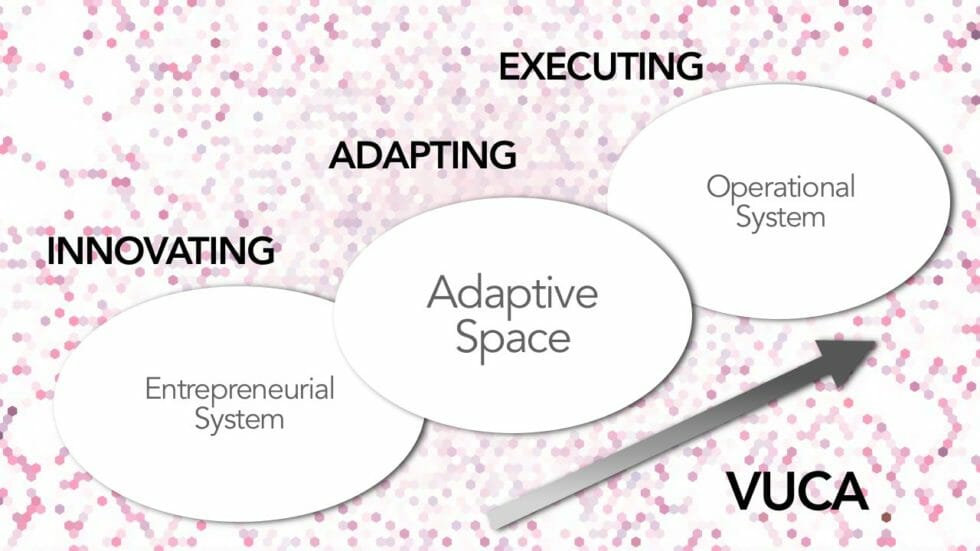Presentation by François Knuchel
Contact: This email address is being protected from spambots. You need JavaScript enabled to view it.
The Coronavirus has thrown our economies and societies around the world into turmoil. It has caused suffering, fear and panic, from the death of loved ones, desperation from lost jobs, broken businesses, homelessness, divisiveness, fragmentation and much more. At the same time it has generated an increasing awareness that we need to re-write our story for the future. This crisis offers an opportunity and an imperative for us to reinvent ourselves, our organisations and our society.
Never had there been so much complexity in our world, even before Corona. Running organisations was proving increasingly difficult due to the complexity they were operating under. Partly this was because the methods we were using were never designed to run organisations in complexity. Leadership in complexity requires a completely different set of tools from conventional leadership. VUCA (Volatility, Uncertainty, Complexity and Ambiguity) also demands a completely different mindset.
So how does sociocracy fit into this new world? Can sociocracy help us reinvent our world in the context of VUCA? In order to answer this question, we first need to understand Uncertainty and Complexity, what Reinvention is and the type of new skills we need to develop to survive, and hopefully thrive, in our new world. François briefly explains what they are and then explores the consequences of all this, and what role sociocracy could take to help.
Useful links mentioned:



